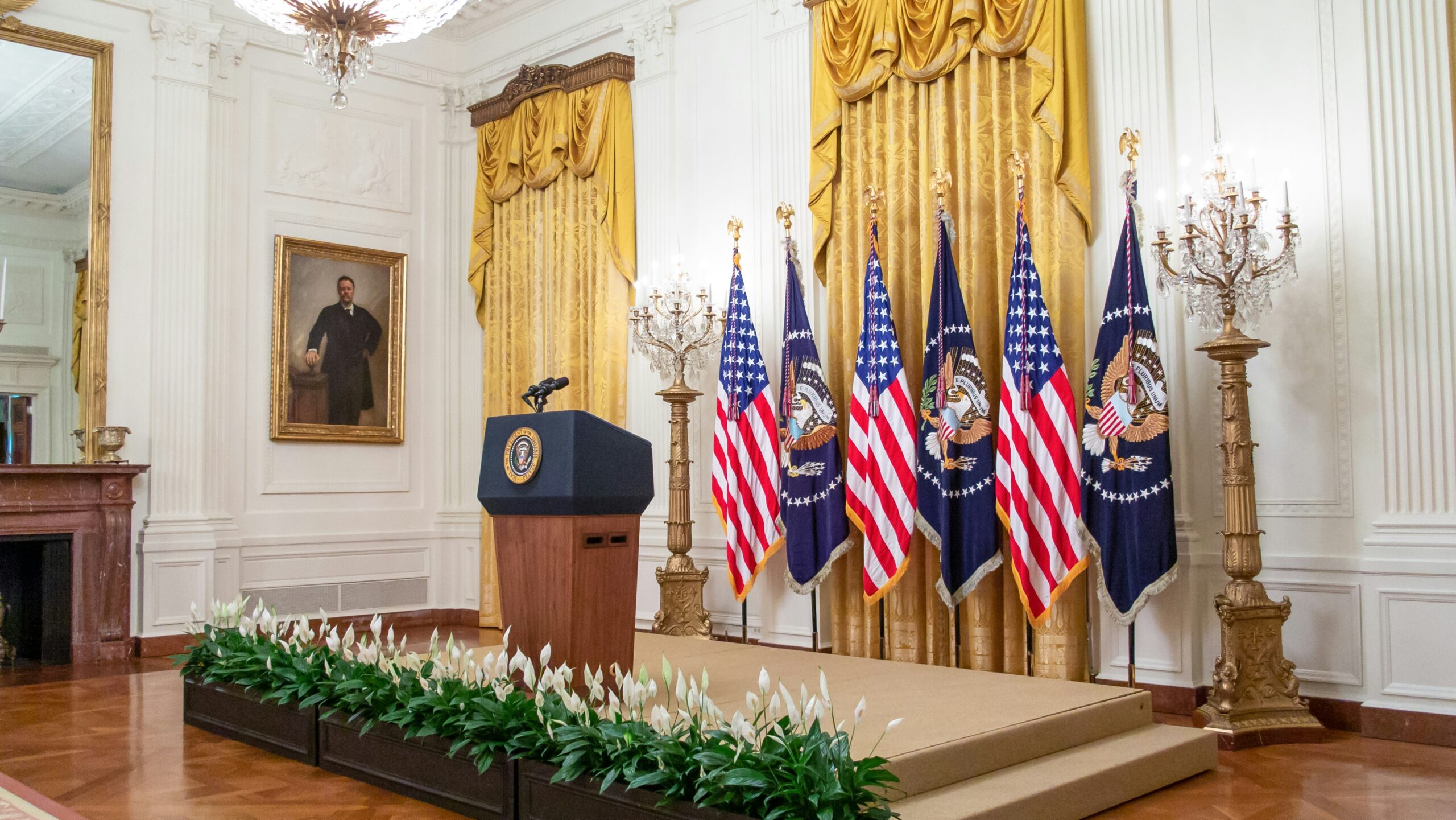Image credit: Unsplash
The future of stocks is promising, according to Financial analyst Tom Lee, who predicts advancements in artificial intelligence and a significant wealth transfer to millennials will be at the root. Lee believes that the earning potential of companies is great despite the market volatility risks spurred by several factors. While the upcoming and likely heated presidential race, persistent inflation, low consumer sentiment, and uncertainty over Federal Reserve interest rate cuts pose concerns, Lee still maintains an optimistic outlook.
Companies were forced to confront a stress test brought upon by the COVID-19 pandemic, revealing a heightened level of resilience in adapting to inflation shocks, supply chain disruptions, and economic shutdowns. As the managing partner and head of research at Fundstrat Global Advisors, Lee offered these insights and noted how companies’ earning power is more formidable than it seems. Even with inflation cooling, many businesses are positioned to benefit, as higher prices generally favor companies.
Lee points out that many companies have an inverse relationship with inflation. For example, technology firms tend to see their profit margins improve when inflation decreases. Concerns about the Federal Reserve triggering a recession by prematurely lowering interest rates do not align with Lee’s mindset. Considering these factors, Lee believes a “soft landing” for the economy can be achieved.
To glean these insights, Lee’s firm analyzed U.S. innovation cycles and identified two significant periods of technological advancement between the 1940s-1950s and the 1990s. During each decade, global labor shortages pressured wages and encouraged more innovation to boost productivity. Lee foresees a similar cycle, driven by a structural deficit in the prime labor force, expected to persist until 2045. The shortage is anticipated to free up $3 trillion annually that would have otherwise gone towards wages, fueling investment in generative AI. The benefits of this trend have already impacted AI-based companies like Nvidia.
The next two decades also look to have an impending wealth transfer from baby boomers to millennials. With an estimated $90 trillion involved in the transfer, its influence has the potential to be monumental on the stock market. Millennials are expected to favor technology and innovation, given their higher trust in tech companies over government institutions. A shift in wealth between the generations could drive substantial growth in tech-related stocks.
Offering another outlook is financial planner Douglas Boneparth, who advises investors to stick to disciplined long-term strategies rather than bank too heavily on the potential for stock market gains that come with high risk. Despite potential challenges, Fed officials remain optimistic about economic growth prospects, although they anticipate some moderation this year. They believe inflation will eventually return to the 2% target but are still unsure of the timeframe and the impact of high interest rates.
Market expectations for rate cuts have shifted, with futures pricing indicating a 60% chance of the first reduction coming in September. However, the outlook for a second cut in December has become less certain. Earlier this year, markets anticipated at least six quarter-percentage point cuts. Public remarks from Fed officials have adopted a cautious tone, with Governor Waller stating that several months of positive data are needed before considering rate cuts. Chair Jerome Powell has also emphasized the need for patience as the Fed’s restrictive policy continues to address inflation. Inflation remains high and taxing, with only incremental signs of progress, prompting eagerness for artificial intelligence and wealth transfers to bring positive change.





























































































































































































































































































